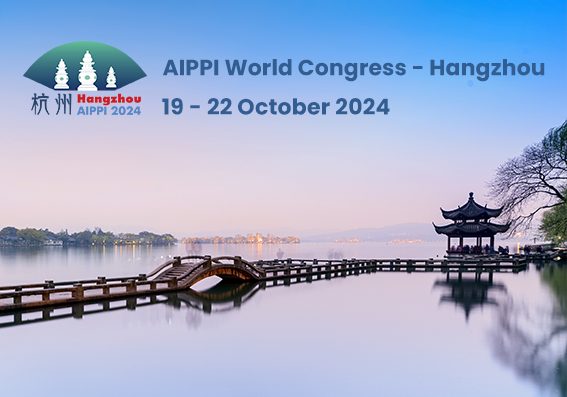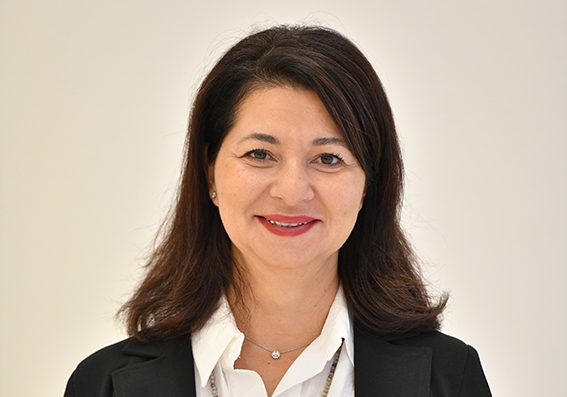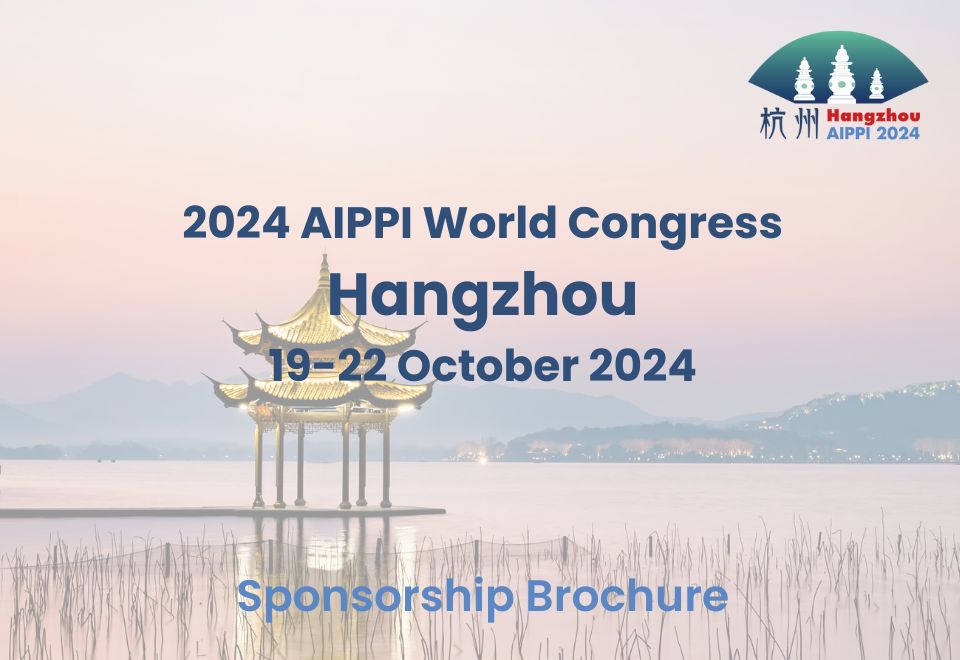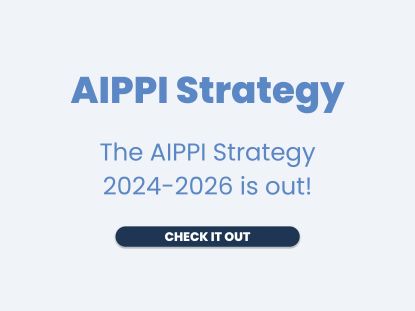News & Reports
AIPPI Position Paper on New Genomic Technique (NGT) Plant Patenting Proposal of the European Parliament
Standing Committee on Biotechnology and Plant Varieties

The 2024 AIPPI World Congress Sponsorship Brochure is here!
The 2024 AIPPI World Congress Sponsorship Brochure is here! Discover the opportunities to promote your organisation in Hangzhou (19-22 October 2024).

The 2024 World Intellectual Property Day on 26 April
26 April marks a special day for the IP Community as we celebrate World IP Day. In today’s modern world, many universal topics or issues of significant importance are highlighted through designated days.

The Impact of IP Laws on Sustainable Development Goals
Our planet faces a multitude of environmental challenges, from climate change to pollution. To address these issues, green innovation is taking center stage. This refers to the development of new technologies, processes, and materials that minimise environmental impact.

Iraq Makes Changes in the Payment Terms for Trade Marks
As of 7 April 2024, the Directorate of Patents and Industrial Designs in Iraq announced that the official publication fees must be paid along with the official filing fees.

Generative AI Development & Copyright Protection
The Japanese Government’s Society 5.0 initiative seeks to strike a delicate balance between fostering greater freedom in Generative AI advancements and safeguarding copyright interests.

